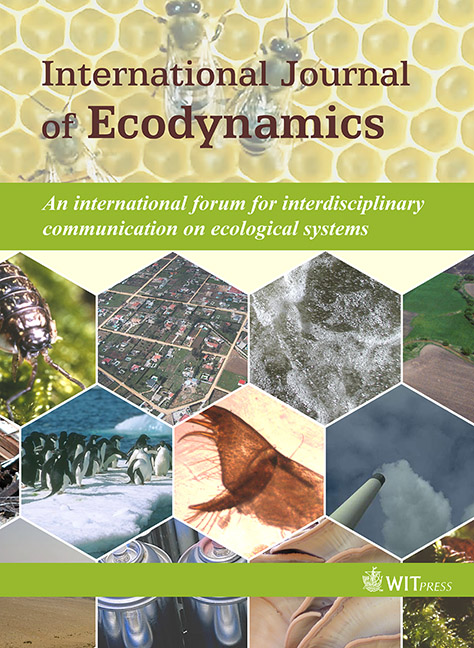The Scientist and Prigogine’s futur créateur: Dialectic
Price
Free (open access)
Volume
Volume 1 (2006), Issue 1
Pages
7
Page Range
1 - 8
Paper DOI
10.2495/ECO-V1-N1-1-8
Copyright
WIT Press
Author(s)
M. Prigogine, T. Patterson
Abstract
Upon the near collapse of the post-Kyoto meeting in Buenos Aires last December, EU head delegate,
Dutch environment secretary Pieter van Geel summarized, stating: ‘A lot of people are afraid of discussing the future.’ His words referred to the failure of the meeting’s intentions to determine worldwide cooperation to reduce global warming following the first 15 Kyoto years to 2012. These objectives failed in no small part due to policy’s demands on science with respect to certainty and measures of determinism. Social expectations such as these persist despite scientific advances, most notably made by Nobel Prize winner Ilya Prigogine and his numerous collaborators, which show that rigid dependence on these conditions do more to paralyze collective action than enable it. As a result, policy has yet to effectively harness the most powerful aspect of science with respect to resolving the major challenges of the global future—its creativity.
Ilya Prigogine laid scientific and philosophical foundations in the time-reversible, symmetric world of theoretical physics for rigorous study of irreversible, far-from equilibrium phenomena, such as that of living systems and therefore the frontiers of theoretical ecology. As such, his work ethic, creative drive and ethos provide a beacon for those who would combine ecological theory with evolutionary physics. Here, his wife, Maryna Prigogine discusses with Trista Patterson, a post-doctoral researcher in Ecodynamics at the Italian University of Siena, issues of ecological theory and Prigogine’s future creative.
This article takes an atypical scientific form. ‘Dialectic’ usually refers to either the Socratic method of cross-examination, Hegel’s model of history. ‘Dialectics’ can also refer to an understanding of how we can or should perceive the world (epistemology), an assertion of the interconnected, contradictory and dynamic nature of the world outside our perception of it (ontology), or a method of presentation of ideas or conclusions. The back-and-forth (dialectic) of causation implies a dynamic process, and reflects the spirit of ecodynamics research.
Keywords




